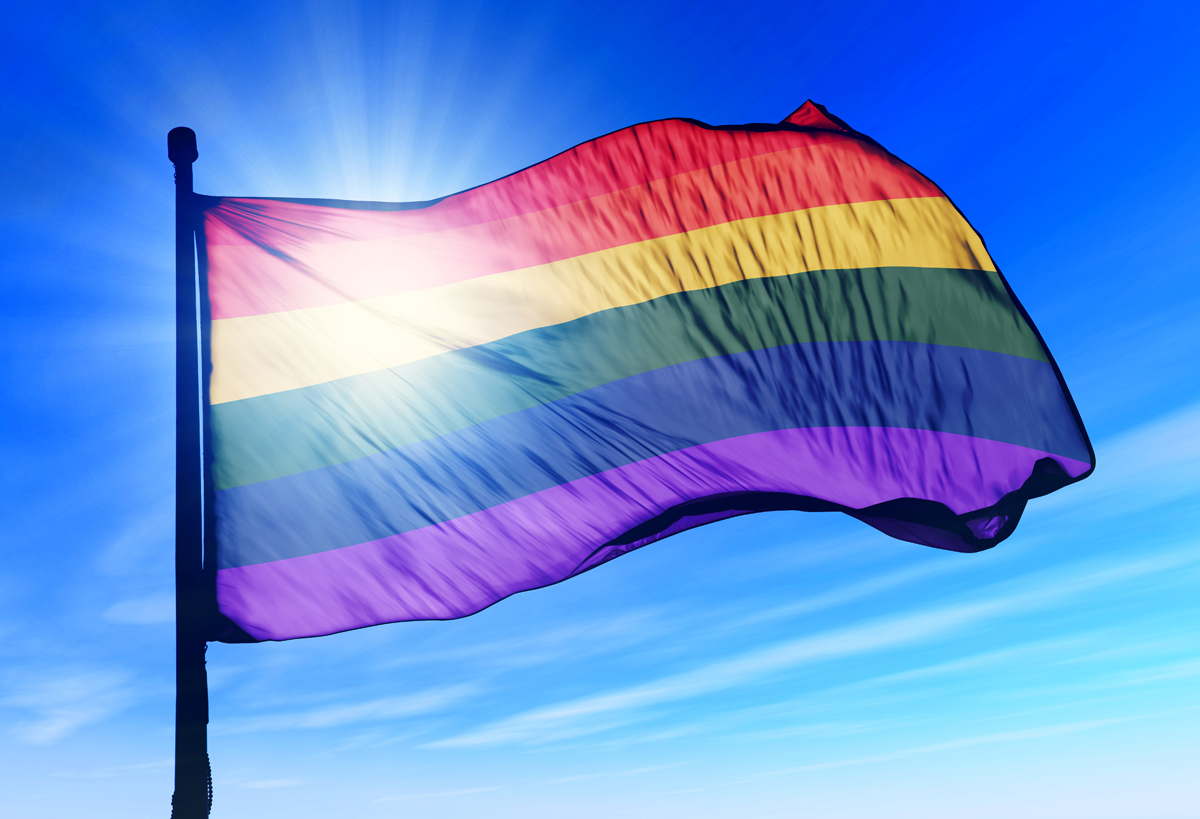The Local newsletter is your free, daily guide to life in Colorado. For locals, by locals.
Good news, Colorado: When it comes to treating one another equally, we’re doing alright. That’s according to a first-of-its-kind report issued by the Human Rights Campaign and Equality Federation last week. Their inaugural State Equality Index—an interactive feature that provides a comprehensive look at legislations affecting the LGBT community in the United States—ranks Colorado where most of us figure it would be: near the top.
The report graded states on LGBT-related laws and policies in six areas: relationship recognition, parenting laws and policies, non-discrimination laws, hate crimes laws, anti-bullying laws, and health and safety laws. After assessing strides in these areas, states could end up in one of four categories. Colorado fell into “Working Toward Innovative Equality”, the highest-performing category.

(Check out Colorado’s year in review 2014)
Putting aside the fact that it’s 2015 and we’re still having conversations about whether adults who are into other adults should be able to live their lives how they want to, Colorado seems to be doing pretty well overall. The report points out that our state is one of just 18 that has explicit state-level workplace protections for all LGBT employees, and one of 36 with marriage equality.
“In Colorado over the last several years, the state has made tremendous progress in passing statewide laws to ensure LGBT equality,” the HRC noted in a statement when the report was released. “This year, lawmakers are expected to introduce a bill that would protect youth from conversion therapy. Only California, New Jersey, and the District of Columbia currently have such a law.”
Colorado is just one of seven states to land in the top category, along with California, Connecticut, District of Columbia, New Jersey, Oregon, Vermont, and Washington. The next two categories—”Solidifying Equality” and “Building Equality”—have seven states each. However, 29 states landed in the worst category: “High Priority to Achieve Basic Equality.” In these states, the LGBT community is not only lacking legal protections, but many have laws that undermine equality, from measures that allow religious-based discrimination to laws that criminalize HIV. The HRC notes that hundreds of millions of Americans live in states where the LGBT community can legally face discrimination at work. That’s a stunning statistic.
At this point, it’s really just a matter of time before one of the most basic rights, same-sex marriage, is legal in every state in the country. This handy Mother Jones map (full disclosure: this 5280 reporter also writes for Mother Jones) shows how that situation is evolving. The U.S. Supreme Court announced recently that it would take up the issue in April, with a ruling expected this summer. But that doesn’t mean it’s all good. Not even close.
“Despite historic progress on issues like marriage equality, a majority of states still struggle to reach even a basic level of equality for LGBT people,” Chad Griffin, HRC president, said in the statement last week. “Most states lack statewide non-discrimination laws to protect LGBT people—putting countless individuals and families at risk, and creating inequalities in adoption and surrogacy, employment benefits, and youth safety and well-being. Even worse, equality opponents continue to push deeply harmful laws forward, including those seeking to undermine critical protections in the guise of religious liberty.”
And just because we’re doing well, that doesn’t mean that Colorado is exempt from battles over equal rights. Last year was the first since 2007, in which someone in the state legislature didn’t introduce what the report would label a “bad bill.” And don’t forget, Colorado was home to two bakery-related gay controversies over the last couple years (one anti-gay, one not). And, perhaps most infamously, Colorado voters approved the notorious Amendment 2 in 1992, which prohibited any state or local legislative body from enacting laws that would protect people from discrimination based on sexual orientation. That law was ruled unconstitutional in 1996, and also, as Westword pointed out in 2012, could have inadvertently served as the springboard to helping marriage equality become the law of the land in much of the country. Lastly, same-sex marriage wasn’t legal in Colorado until last year, a full decade behind the first state to allow full same-sex marriages (Massachusetts).
So no, our road to equality hasn’t been perfect, but we’re getting there. Now we just need to wait for the rest of the country to catch up.
(Read more: Rant & Rave: One-Note Politicians and LGBTQ Equality)








